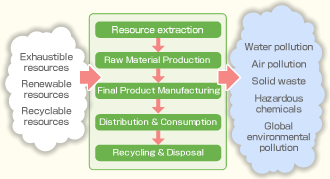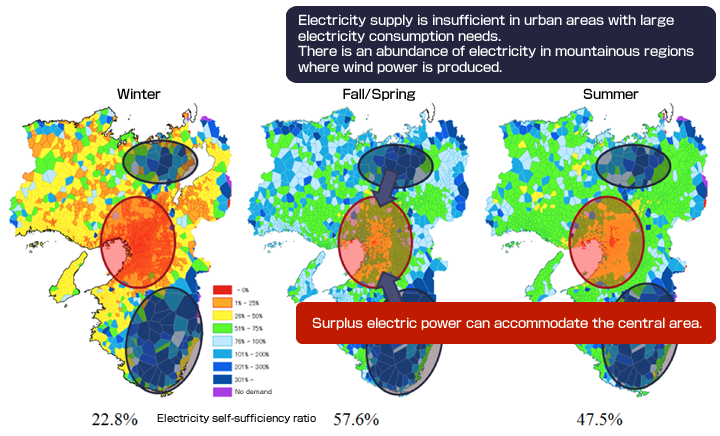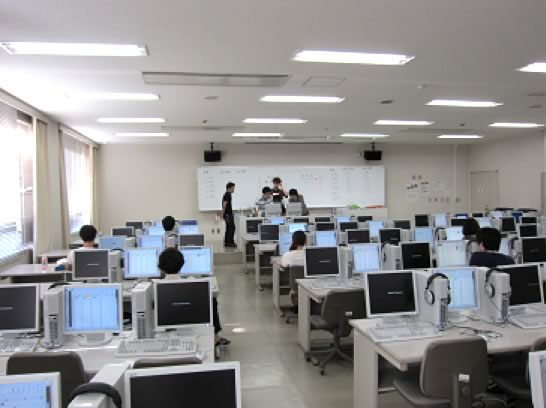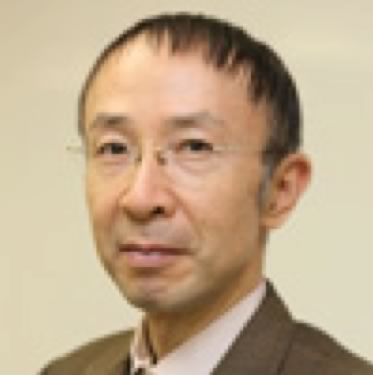Environmental Systems Laboratory - Professor
Koji Amano|あまの こうじ
Professor Amano graduated from the Department of Urban Engineering, University of Tokyo in 1982, and went on to post-graduate studies researching how to predict river water quality using numeric models.
After finishing his master's degree in 1984, he went on to work for the National Institute of Environmental Studies, researching water quality analysis in rivers and lakes.
Starting in 1992, he was on the Fulbright Program for one year as a visiting researcher in the Department of Environmental Engineering at the University of Colorado in the United States studying water environmental decision support systems.
In 1994, when the department of Environmental System Engineering was established, Dr. Amano became a professor at Ritsumeikan University. He studies environmental system analysis broadly as follows: analysis and evaluation of environmental data in connection with water pollution, waste, etc. and the Life Cycle Assessment which comprehensively evaluates the burden on the environment, and material flow analysis.
Professor Amano has contributed the results of his research to society, not only at academic conferences (the “academic route”), but also at his lectures at university, so that graduates can understand newest information in environmental studies.
In particular, it is important that not only students who will be engaged in work related to the environment issues will understand, but also that students entering into business fields not directly related to environmental issues will understand.
During his transition to Ritsumeikan from a National Research Institution, Dr. Amano was strongly conscious of the importance of a university’s role in educating society of the results of research.
Our top priority is to develop talented people who can understand not only what individuals can do to prevent pollution, but also teach people the dynamism of the system and empower them to be able to create real and effective policy.
http://research-db.ritsumei.ac.jp/Profiles/36/0003554/profile.html http://www.ritsumei.ac.jp/se/rv/amano/



